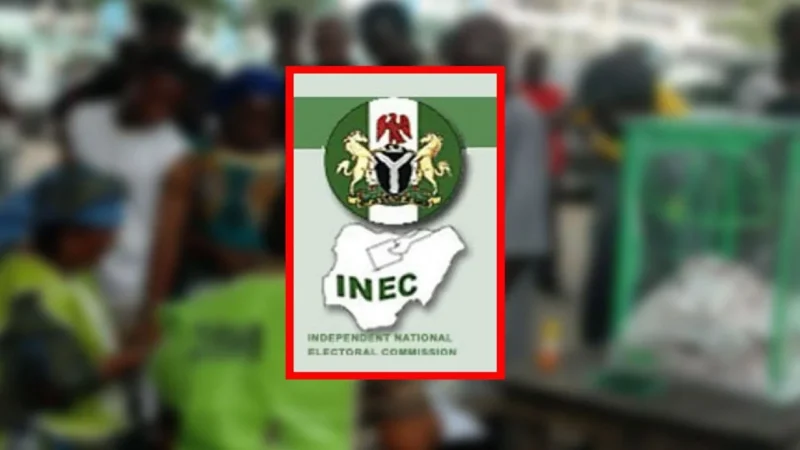NCC, others push for enhanced fintech regulations, says Maida
 The Executive Vice Chairman of the Nigerian Communications Commission, Aminu Maida, has said that the NCC, in collaboration with the Central Bank of Nigeria and the Securities and Exchange Commission, is working to strengthen the regulatory framework governing the financial technology sector in the country.
The Executive Vice Chairman of the Nigerian Communications Commission, Aminu Maida, has said that the NCC, in collaboration with the Central Bank of Nigeria and the Securities and Exchange Commission, is working to strengthen the regulatory framework governing the financial technology sector in the country.
Speaking at the ongoing Nigeria Fintech Week in Lagos on Wednesday, Maida emphasised the role of collaboration among regulatory bodies to foster innovation and safeguard the country’s fintech ecosystem, which he described as vital for achieving financial inclusion and sustainable growth.
The NCC EVC pointed out that the growth seen across Africa’s fintech ecosystem is shaped not only by emerging innovations but also by the regulatory frameworks that guide its development.
“As the fintech space evolves rapidly, so too must our approach to regulation. Smart regulation could be the key to unlocking the full potential of fintech in Nigeria and across Africa, ensuring that growth is inclusive, sustainable, and beneficial to all,” the telecom chief regulator said.
Maida also referenced the recent inauguration of the Regulators Forum by Vice President Kashim Shettima, which aims to enhance cooperation between regulatory bodies, including the Financial Reporting Council.
Reflecting on past efforts, Maida recalled that since signing a Memorandum of Understanding on payment systems with the CBN in 2018, both agencies have been working together to address systemic challenges in the fintech sector.
This partnership, he said, has contributed significantly to building a resilient regulatory framework that promotes financial inclusion and sustainable growth.
Further, the EVC stressed the need for regulatory adaptation in response to technological advancements.
“The theme of this event highlights an important truth: regulation must evolve alongside technology. As they say, the law is always behind technology, but we must adapt. When done right, smart regulation becomes an enabler of innovation and inclusion, not a barrier,” he said.
The EVC also underscored the role of regulatory sandboxes in creating an innovation-friendly environment, as these allow new fintech products to be tested within a flexible regulatory framework.
Maida also pointed out that Nigeria’s regulatory approach has gained global recognition, citing the country’s classification within the International Telecommunication Union’s benchmark for collaborative regulation.
“This acknowledges our strong regulatory practices in the telecom sector, which we are extending to the fintech space,” the EVC said.
He further stressed the importance of aligning Nigeria’s fintech regulations with global standards, especially in areas like cross-border transactions and remittances.
International cooperation, he noted, is crucial to ensuring that Nigerian fintech firms remain competitive on the global stage.







